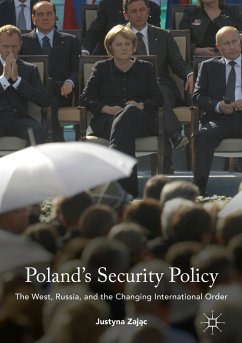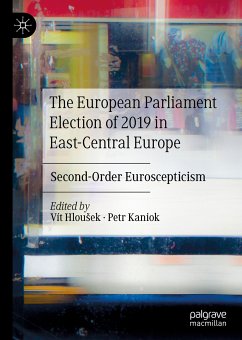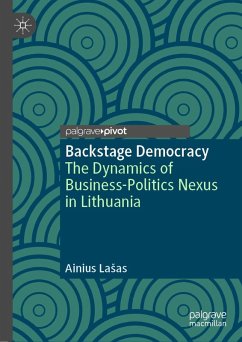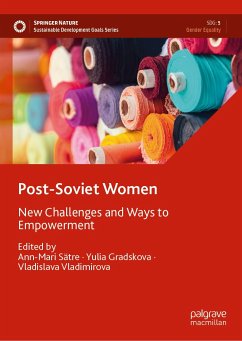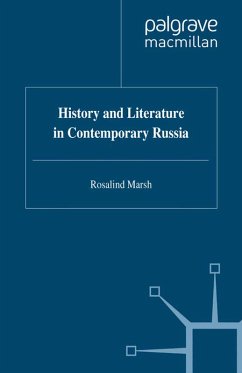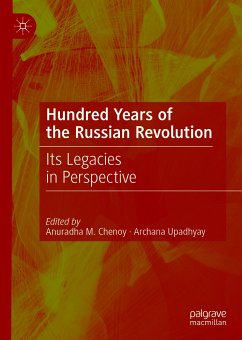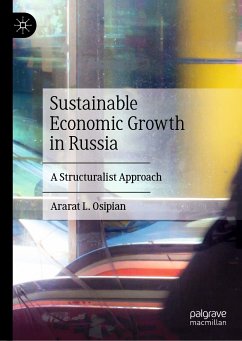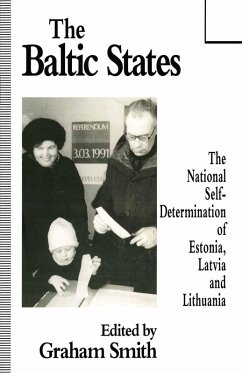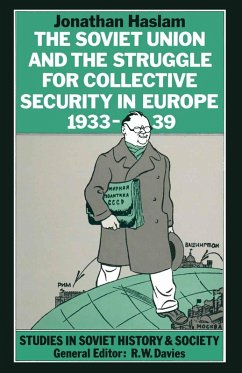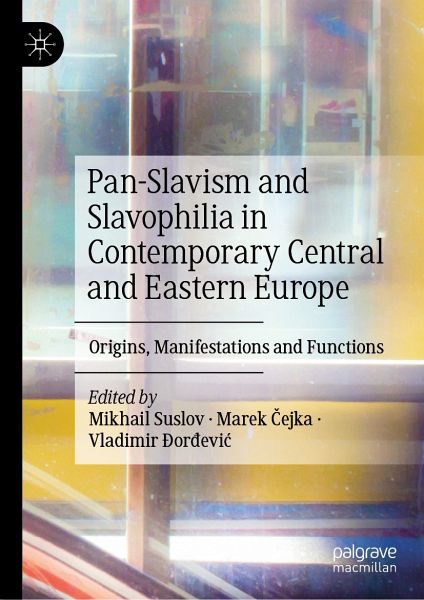
eBook, PDF
Pan-Slavism and Slavophilia in Contemporary Central and Eastern Europe (eBook, PDF)
Origins, Manifestations and Functions
Redaktion: Suslov, Mikhail; Ðordevic, Vladimir; Cejka, Marek

PAYBACK Punkte
56 °P sammeln!






Pan-Slavism and Slavophilia in Contemporary Central and Eastern Europe (eBook, PDF)
Dieser Download kann aus rechtlichen Gründen nur mit Rechnungsadresse in A, B, BG, CY, CZ, D, DK, EW, E, FIN, F, GR, HR, H, IRL, I, LT, L, LR, M, NL, PL, P, R, S, SLO, SK ausgeliefert werden.
- Geräte: PC
- ohne Kopierschutz
- eBook Hilfe
- Größe: 8.11MB
- Text-to-Speech
- E-Mail des Verlags für Barrierefreiheitsfragen: accessibilitysupport@springernature.com
- Alle Inhalte über Screenreader oder taktile Geräte zugänglich
- Navigation über vor-/zurück-Elemente ohne Inhaltsverzeichnis
- Hoher Kontrast zwischen Text und Hintergrund (min. 4.5 =>1)
- Inhalte verständlich ohne Farbwahrnehmung
- Kurze Alternativtexte für nicht-textuelle Inhalte vorhanden
- Text und Medien in logischer Lesereihenfolge angeordnet
- Navigierbares Inhaltsverzeichnis für direkten Zugriff auf Text und Medien
- Keine Einschränkung der Vorlesefunktionen, außer bei spezifischen Ausnahmen
¿Mikhail Suslov is Associate Professor in the Department of Cross-Cultural and Regional Studies at the University of Copenhagen, Denmark, and a former researcher at the Uppsala Centre for Russian and Eurasian Studies, Sweden. He specialises in and teaches Russian (intellectual) history, political ideology, geopolitics, Russian Orthodox Church, contemporary Russian politics and society, and history of Eastern and Southern Europe. Marek ¿ejka is Associate Professor in the Department of Territorial Studies at the Mendel University in Brno, Czech Republic, a former assistant at the Constitutional Court of the Czech Republic, and a former researcher at the Institute of International Relations in Prague, Czech Republic. He specialises in the Israeli-Palestinian conflict, the Middle East and Maghreb regions, the relationship between religion and politics, ideologies in the Middle East including Arab nationalism, (radical) Islamism, and Christian fundamentalism. ¿or¿evi¿ Vladimir is Assistant Professor in the Department of Territorial Studies at the Mendel University in Brno, Czech Republic. He specialises in the Western Balkans, Europeanisation, democratisation, nationalism, and security-related agendas of the said region.
Produktdetails
- Verlag: Springer Nature Switzerland
- Seitenzahl: 428
- Erscheinungstermin: 13. Februar 2023
- Englisch
- ISBN-13: 9783031178757
- Artikelnr.: 67448654
"This is a praiseworthy book that both complements Kohn's classic treatment of the subject in his 1953 book Pan-Slavism: Its History and Ideology and updates the story, following right through to the current war in Ukraine. Students of Russian, Belarusian and East European history will profit greatly from reading this new classic." (Sabrina P. Ramet, Europe-Asia Studies, April 29, 2024)
Für dieses Produkt wurde noch keine Bewertung abgegeben. Wir würden uns sehr freuen, wenn du die erste Bewertung schreibst!
Eine Bewertung schreiben
Eine Bewertung schreiben
Andere Kunden interessierten sich für


